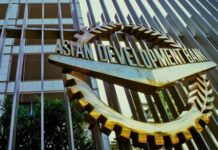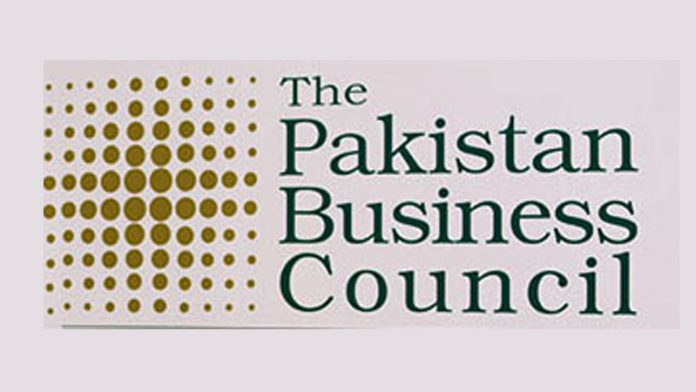The Pakistan Business Council (PBC) has urged Prime Minister Shehbaz Sharif to address black money in real estate and create a more equitable environment between the formal and informal sectors.
In a letter to the prime minister, PBC Chief Executive Ehsan Malik stressed the need for economic reforms before triggering growth, warning that premature stimulus could undermine stability.
The letter highlighted discussions from the Dialogue on the Economy, which involved over 100 major local and multinational companies responsible for 40% of Pakistan’s exports and one-third of direct taxes. Malik acknowledged the government’s efforts to stabilize the economy but cautioned against repeating past mistakes where import-driven demand led to external imbalances and reliance on the IMF. He also noted that the formal sector bears a disproportionate share of tax revenue collection.
The PBC raised concerns over high energy costs, excessive taxation, and withholding tax burdens, which it said hinder export competitiveness. While welcoming the government’s commitment to lowering energy costs, the council warned that recent gas price hikes for captive plants could put Pakistani businesses at a disadvantage compared to regional competitors. The PBC recommended benchmarking export incentives against South Asian competitors to enhance market competitiveness.
On trade policy, the council called for a review of existing agreements, particularly with China, and pointed out that Pakistan lags behind India in securing trade access and representation in African markets. It has already shared recommendations with the Ministry of Commerce to improve trade agreements.
Regarding fiscal policy, the PBC supported raising the tax-to-GDP ratio but urged the government to achieve this by broadening the tax base rather than further burdening already taxed sectors. Malik warned that increasing taxes on businesses already under the tax net, as seen in the current budget, would hinder expansion rather than encourage growth.
The PBC also proposed a phased approach to boost exports, assist new exporters, and promote local production among import-dependent companies. It called for tax incentives to attract investment in private equity, venture capital, and listed companies, along with measures to encourage more firms to list on the Pakistan Stock Exchange.
On import substitution, the PBC opposed indefinite tariff protection for uncompetitive industries, arguing that many production facilities are outdated and inefficient. However, it supported limited protection for sectors using indigenous raw materials, such as soda ash for glass and detergent production. The council also raised concerns about the impact of GST on local supplies to exporters, noting that delays in tax refunds have driven many to rely on imports instead, threatening domestic industries.
Malik welcomed the government’s focus on export-oriented foreign direct investment (FDI) but emphasized the need for policies that prioritize export-driven FDI over market-seeking investments.
The PBC also recommended a differentiated approach to real estate taxation that favors the formal construction sector, including Real Estate Investment Trusts (REITs). The Federal Board of Revenue (FBR) had acknowledged the high transaction costs on undeveloped land and is reviewing the issue, but the PBC noted that formal businesses also face high costs, including an 18% GST. The council called for measures to uncover black money tied up in real estate and ensure a level playing field between the formal and informal sectors.























